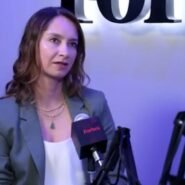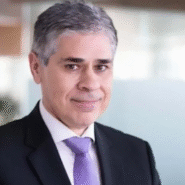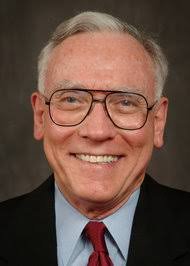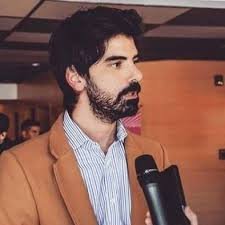The cooperative movement
Carlos Heller was born in the rural area of Villa Domínguez (near Villaguay, Entre Ríos Province) in 1940, into a Jewish family. The Hellers moved to Buenos Aires in 1950, and Carlos completed his secondary education at a vocational school. He married Ether Sosa in 1962, and the couple had two children. After losing his job at an auto parts manufacturer due to layoffs, Heller was hired as an administrative assistant at one of the many credit cooperatives in Buenos Aires in 1963; in 1974, he was appointed to the board of directors of the Instituto Movilizador de Fondos Cooperativos (coordinating body of Argentina’s savings and credit cooperatives).
The military dictatorship established in 1976 brought with it an ultra-conservative Economy Minister, José Alfredo Martínez de Hoz. After a round of wage freezes (amid 400% inflation), Martínez de Hoz further threatened community banks in February 1977 with his Financial Entities Law. The measure prohibited nonprofit banking and raised minimum capital requirements to US$10 million, which excluded most of the country’s smaller savings and credit cooperatives at the time. This and other measures enacted by the Economy Minister in 1977 encouraged dramatic growth in investment banking in Argentina, particularly the financing of speculation. This further hurt credit cooperatives by allowing larger commercial banks to offer depositors exotic high-yield investment vehicles. As credit cooperatives closed, Heller and other sector leaders met at a cooperative in Villa Ortúzar in 1978 to discuss the creation of a unified credit cooperative; in November, they applied to the Central Bank of Argentina for a charter for Banco Credicoop. After receiving its charter from the Central Bank in February 1979, the new institution appointed Carlos Heller as its first General Manager. Even as community banks closed, unregulated investment banks proliferated in Argentina in the late 1970s; however, the practice collapsed between 1980 and 1982, and hundreds of these unregulated financial houses, as well as numerous banks, shut down.
Tenure at Boca Juniors football club
Antonio Alegre invited Heller to run with him for the vice presidency of Boca Juniors football club, one of the most prominent in Argentina (and in the world). Elected in 1985, Alegre and Heller inherited a financially insolvent football club and a stadium that failed to meet municipal safety requirements. By selling land near the Buenos Aires waterfront for US$21 million, they were able to recover the club’s finances and restore the iconic Bombonera stadium. The duo was defeated in reelection by Mauricio Macri in December 1995. Heller has been nominated several times for the presidency of the Argentine Football Association (AFA), although his possible candidacy has been opposed by AFA chief Julio Grondona.
Politics
A long-time socialist, Heller publicly entered the realm of Argentine politics in 2004 when he joined the Grupo Rosario, a leftist advocacy group. Heller formed the Partido Solidario ahead of the 2007 elections, gaining support from Congressman Miguel Bonasso and former Buenos Aires Mayor Aníbal Ibarra, who had been impeached the previous year over allegations of negligence in a tragic New Year’s Eve 2004 nightclub fire. Heller was the running mate of Daniel Filmus for the office of Mayor of Buenos Aires. A close ally of President Néstor Kirchner, Filmus advanced to a runoff election; but he and Heller were soundly defeated by the center-right Propuesta Republicana candidate, Mauricio Macri.







